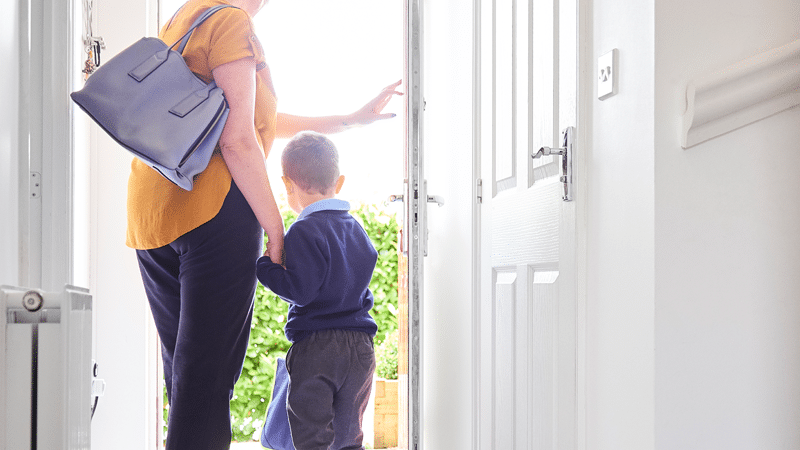Equalities Minister Kemi Badenoch has rejected claims that legislation is required to prevent children from ‘socially transitioning’ in school.
It comes after Attorney General Victoria Prentis suggested in July that proposed guidance from the Department for Education would require changes to equality law.
The DfE guidance on how schools should address transgender issues has been expected to clarify that schools should not treat gender-confused children as if they are the opposite sex.
Support
The Government had promised the guidance would be released before the new term but has delayed it amid reports of disagreement within cabinet. Now, Mrs Badenoch has urged the Government to press ahead.
Her stance is supported by a number of her colleagues, including Christian MPs Miriam Cates, Nick Fletcher and Danny Kruger.
Cates, a former biology teacher, said: “We should not need to change the law to produce such guidance. In fact, schools are legally obliged to recognise and record biological sex, which is essential for safeguarding.”
She added: “This is not about parental consent or ‘being kind’: it’s about whether the state, through schools, should be able to promote a contested ideology that harms and lies to kids. Protecting children from indoctrination is surely an important foundation of democratic society.”
‘Mischief making’
Don Valley MP Nick Fletcher agreed, branding the suggestion “that we need new or amended legislation to confirm that schools must abide by common sense, reality, and child safeguarding” as “mischief-making”.
Kruger added pupils “should be treated according to their biological sex”, adding: “I believe most parents of confused kids would be relieved about this rule. Identity is a minefield, and many children are in deep distress.”
A spokesman for the Prime Minister said he could not guarantee that the new guidance would be in place before the next election and said ministers need more information about “the long-term implications of a child acting as though they are the opposite sex”.
What is social transitioning?
Social transitioning is where a person who wishes to be recognised as the opposite sex begins living as though they were that sex.
This could involve dressing in clothing associated with their chosen gender, cutting or growing out hair, and changing name and pronouns. A biological male might begin wearing and stuffing a bra, while a female might wear a ‘breast binder’ to flatten her chest.
Typically, a transitioning person will insist that they are exclusively referred to by their new name and by their chosen pronouns. Someone who refers to them by their given name and uses the pronouns associated with their biological sex may be accused of ‘deadnaming’ and ‘misgendering’, and is considered to be ‘discriminatory’ by trans activists.not a “neutral act”
However, in a report for the NHS on gender services for children, respected clinician Dr Hilary Cass asserted that social transition in young children is not a “neutral act”, and that it should only be considered where “any associated needs and risks have been addressed”.
The Equality Act 2010 states that a person “has the protected characteristic of gender reassignment if the person is proposing to undergo, is undergoing or has undergone a process (or part of a process) for the purpose of reassigning the person’s sex by changing physiological or other attributes of sex”.
There are no specifics about pronouns and names in UK law.
Compelled speech
The Christian Institute’s Colin Hart emphasised the need for clear guidance which protects the rights of Christians to express their deeply-held convictions.
He said: “There is nothing in the law that requires schools to affirm children in their gender confusion. In fact, this risks causing long-term harm.
“Trans activists want to use the long-awaited transgender guidance to compel pupils and teachers to adopt radical gender ideology, including social transitioning. The Government has to stand firm.”
He also called on Christians to pray that the Prime Minister would not be swayed by pro-trans campaigners, and that clear guidance protecting children will be brought in soon.

